
Why do some teens commit crimes and others don’t? New research might have the answer: empathy.

Did time feel like it flew by last year? Find out why!

The past year has been a uniquely stressful time for all of us. How does stress impact our ability to learn and form new memories?

How to get undergraduate research experience and what else can you do to learn more about research

COVID-19 has changed our lives in many ways. Given the increased risk from COVID-19 in older populations, are older adults more affected by the changes and stresses of the pandemic?
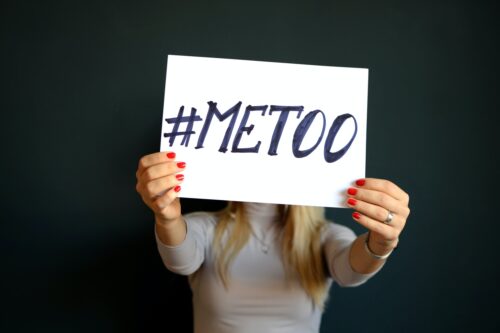
Do movements like #MeToo change peoples attitudes? What about any significant policy changes or backlash?

Confession: I barely passed Multivariable Calculus in college. This came as an unpleasant surprise to me, as I had done well in high school math classes. How could this have happened?
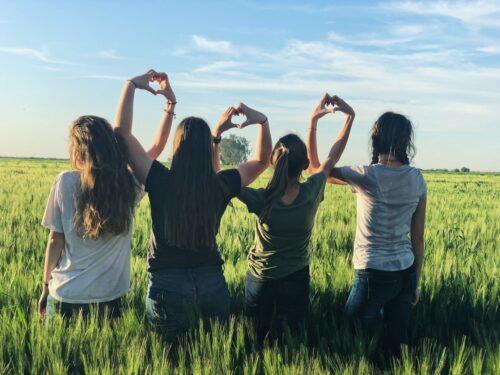
When you think of teens, do you think of risky behavior? Most of us would say yes, but now more than ever before we would be wrong.
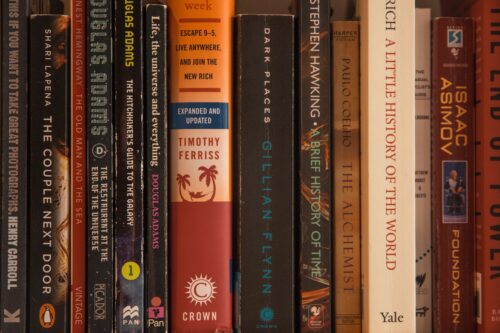
A brief insight into the process of publishing your research in psychological journals.

If you were to Google the terms “obesity” and “COVID-19,” you would likely be inundated with articles about how larger-bodied people who contract COVID-19 are more likely to have severe symptoms, experience longer lasting problems, and die from the virus. Spreading this potentially overstated claim can perpetuate the harmful weight stigma that already exists in the healthcare system.
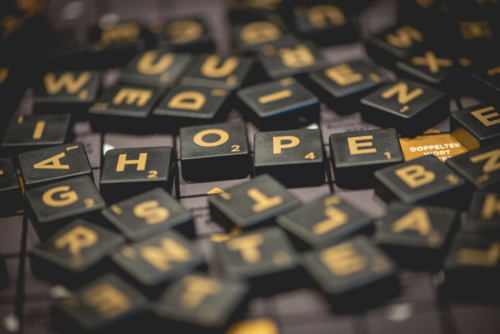
Priming studies examine how certain stimuli can unconsciously influence our thoughts and behavior. While priming research has come under scrutiny over the past few years, social priming studies can aid in the understanding of biases and prejudice.

Have you noticed that children will sometimes choose common household objects over store-bought toys? Here are some tips for choosing children’s toys and creating fun learning experiences with common objects around the house!
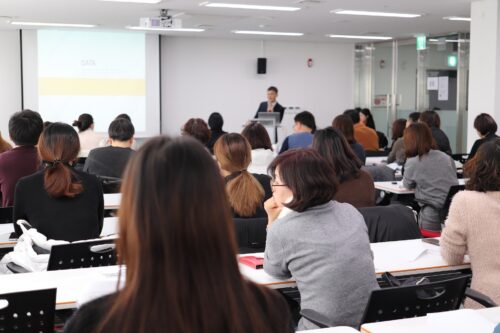
Large lectures can lack student engagement and be distracting. However, introducing lecture pauses with peer discussion can improve learning by facilitating meaningful interaction with course content.
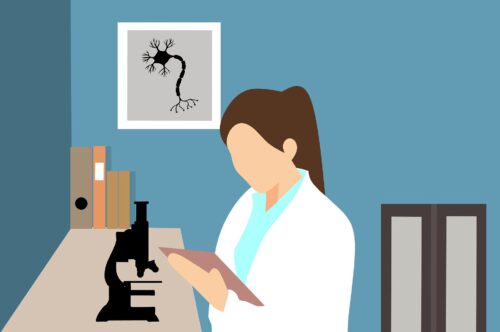
How to find a penny in a dark room? Make the penny light up by itself.

You are likely your own harshest critic. Cultivating self-compassion can soften your inner critic, boost your mood, and improve your outlook.

This article is authored by Samantha Eisert and Danny Rahal and is part of the 2020 pre-graduate spotlight series. We live within a complex social hierarchy where access to resources is unequal, and the richest people with the most resources and r …
This article is authored by Kriseira Lamas-Krauletz and Danny Rahal and is part of the 2020 pre-graduate spotlight series. Background Racial/ethnic minorities are more vulnerable to mental and physical health problems such as mood disorders, anxie …

As the world adjusts to multiple difficult stressors, children will likely need increased support to process these changes and manage their emotions. Here’s how you can be there for children’s emotional needs!

Thanks to recent technology, offloading (the process of externally recording thoughts and memories to reduce cognitive demand) is easier than ever. With computers and smartphones capable of recording and retrieving essentially infinite quantities of information, offloading has become even more efficient, leading to important changes in the way humans think and remember.
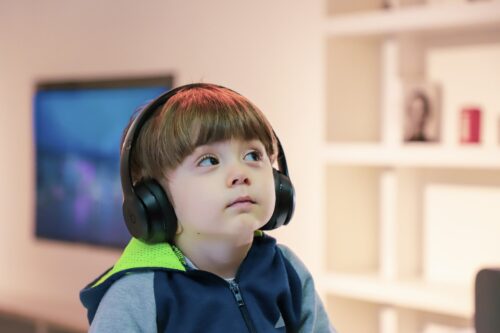
Podcasts are popular with adults, but did you know there are podcasts created just for kids? This post explores some kids podcasts, children’s listening habits, and what we know and don’t know about how children learn from podcasts.

Excessive worry can be distressing and impairing. Learn the function of your worry and ways to manage it effectively.